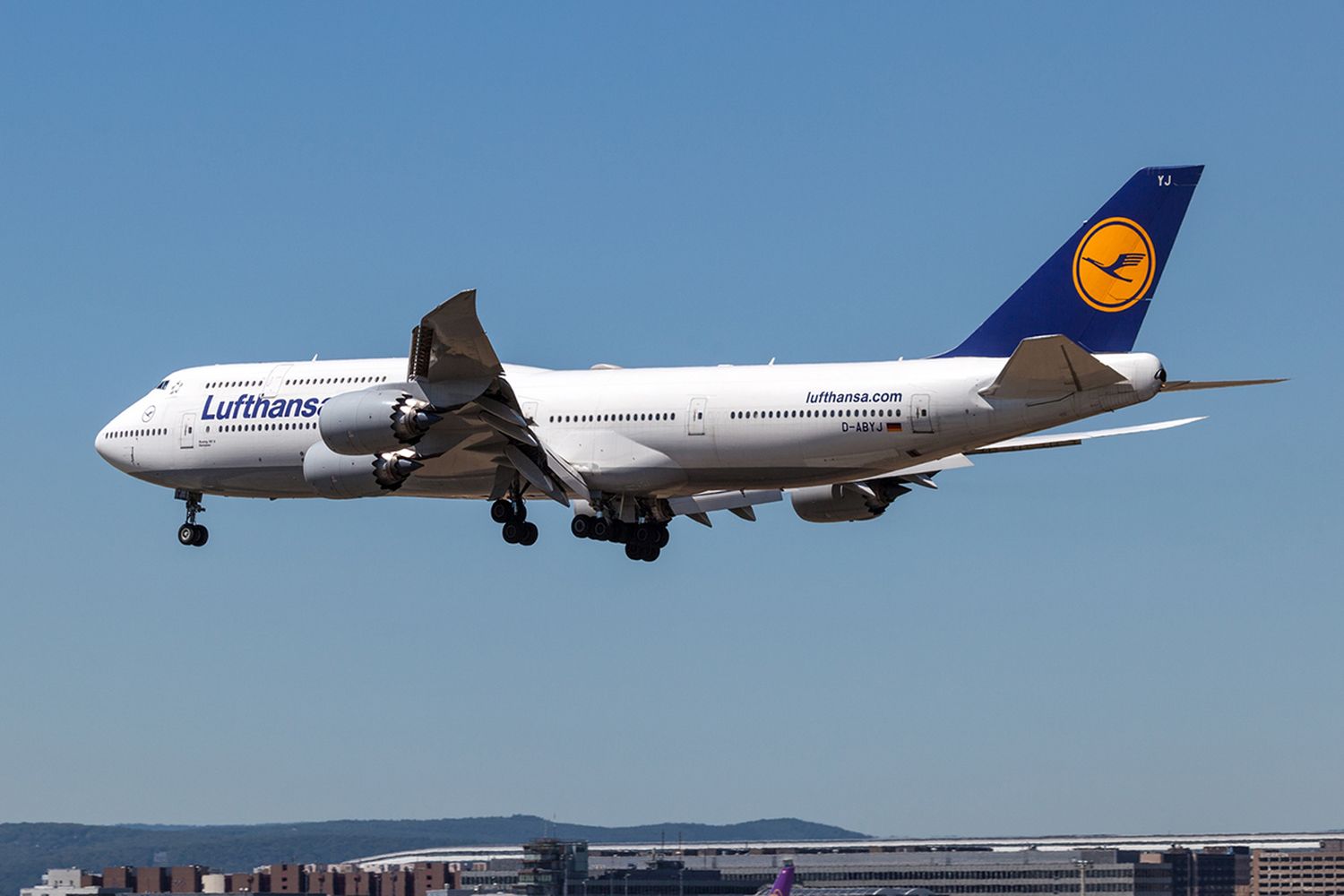Jumbo 747-8 Jets Fly 2,000 Kilometers Empty to Refuel in South Africa
This is due to ongoing fuel supply issues at Johannesburg’s OR Tambo International Airport.
Lufthansa is flying empty Boeing 747-8 aircraft more than 2,000 kilometers to refuel due to an ongoing jet fuel shortage at Johannesburg’s OR Tambo International Airport, South Africa’s largest airport.
Fuel Supply Issues in Johannesburg
The disruption began on January 4, when a fire at a major South African oil refinery halted domestic Jet A fuel production. According to Paddle Your Own Kanoo and Aeroin, it remains unclear when normal production will resume.
Airport operator Airports Company South Africa (ACSA) has assured airlines that there is enough fuel to sustain normal operations until February 2. However, it has also advised carriers to develop contingency plans in case the shortage persists. Some airlines have already reported fuel access restrictions at the airport.
Tankering: A Temporary Solution for Airlines
One of ACSA’s recommended contingency measures is "tankering", where airlines carry enough fuel from an alternate airport to eliminate or reduce the need for refueling in Johannesburg.
Tankering is a common practice on short-haul flights, allowing aircraft to depart with enough fuel for a round trip. However, this strategy is not viable for Lufthansa’s long-haul Boeing 747-8 flights, which cover 8,500 km between Frankfurt and Johannesburg—making a return journey without refueling impossible.
Lufthansa’s Workaround: Fuel Stops in Namibia
At the beginning of January, Lufthansa attempted to divert return flights to Durban for refueling before continuing to Frankfurt. However, this added more than two hours to flight times, causing missed connections in Frankfurt and delaying aircraft turnaround for their next flights.
Now, the airline has adopted a new strategy: during their usual daytime layovers in Johannesburg, empty Boeing 747-8 aircraft are flown 1,166 km to Windhoek, Namibia, where they fully refuel before returning to Johannesburg. Upon arrival back in South Africa, passengers board the aircraft, which can then depart directly to Frankfurt without needing further refueling.
ACSA’s Response to the Fuel Crisis
In a statement, ACSA said:
"Airlines have the right to take any measures they deem prudent under the circumstances, including refueling at other airports, to preserve existing fuel stocks until there is more certainty about the fuel supply in February."
ACSA also reassured stakeholders that it is taking all necessary steps to maintain normal airport operations and ensure the safe and uninterrupted availability of fuel at OR Tambo International Airport.
Fuel Shortages: A Growing Issue in Global Aviation
In recent years, several major airports have faced serious jet fuel shortages, forcing airlines to resort to alternative refueling strategies:
- January 2023: San Diego International Airport experienced fuel supply disruptions after a pipeline supplying the airport was damaged.
- British Airways responded by tankering fuel from London and refueling only minimally in San Diego before returning to Heathrow.
- Later in 2023, London Heathrow Airport itself faced a fuel shortage, prompting airlines to carry extra fuel to conserve local reserves.


Comentarios
Para comentar, debés estar registrado
Por favor, iniciá sesión